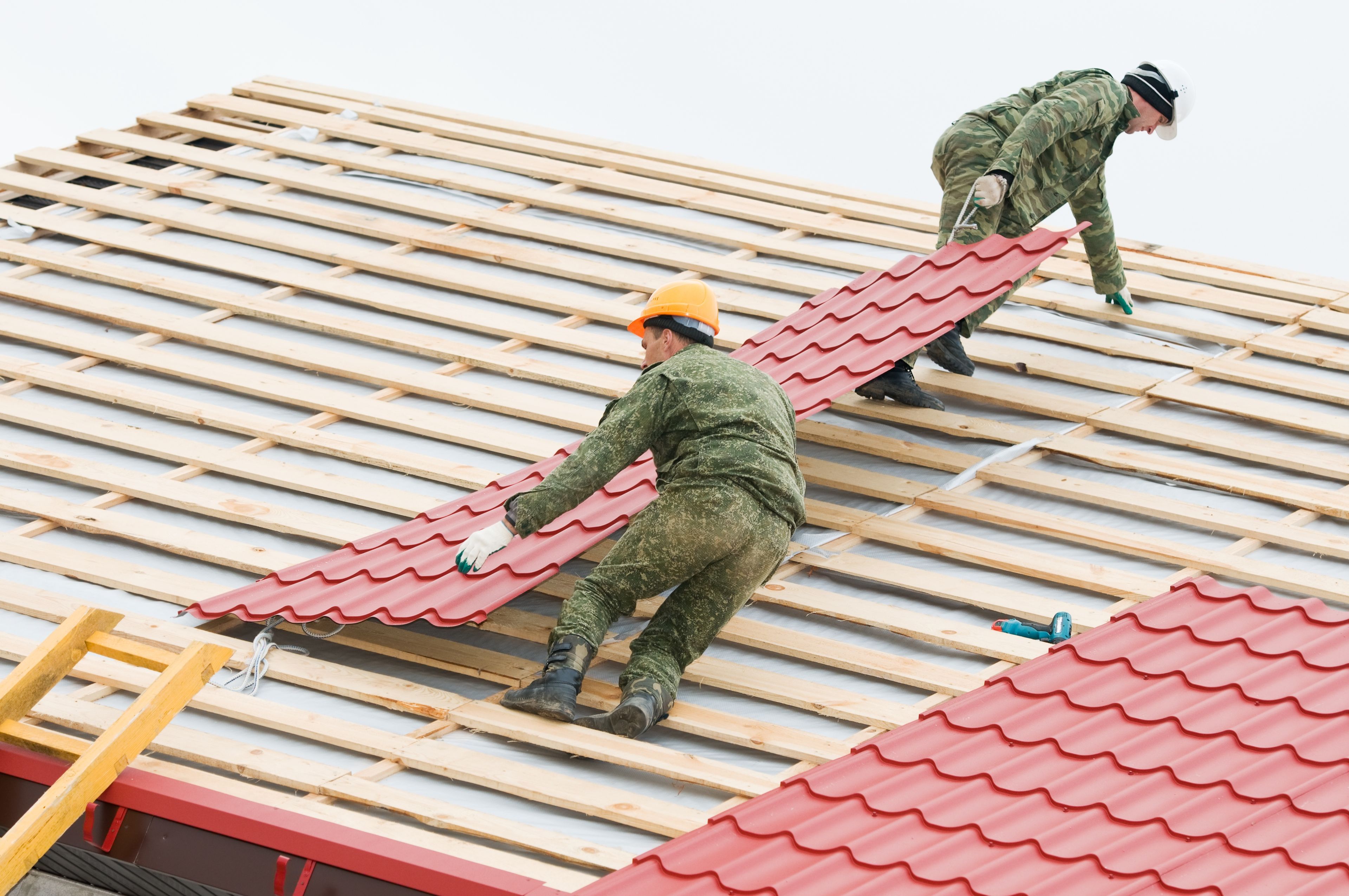Every Penny Counts: How Your Home Can Be More Energy Efficient
Energy waste and misuse is at an all-time high. This poorly coincides with the current state of the economy and job market. Home owners need to carefully conserve both resources and their hard earned money through being energy efficient. Below explains four tips to make your home more energy efficient.
Energy Conservation
One of the appliances that consumes the most energy is the water heater. Ensure that the water heater temperature is below 120 degrees. This will save energy and avoid potential overheating of plumbing pipes. Make sure that the dishwasher, clothes washer and dryer are energy efficient models. A recent USA Today report revealed that Americans waste 4 billion dollars every year through inefficient clothes dryers. A standard dryer will consume as much as an energy efficient refrigerator, dishwasher and clothes washer. Research by McKinsey & Company in 2009 found that American homes and businesses spend over $130 billion dollars to power standby appliances. If an appliance is not in use, unplug it.
Schedule Regular Air Conditioner Tune-ups
Most homes need an AC to regulate temperatures and maintain indoor air quality. However, air conditioners consume an enormous amount of energy. According to the Environmental Protection Agency (EPA), Energy Star certified AC’s are 15 percent more efficient than conventional models and can be installed by companies like Spokane Air Conditioning Installation. If an upgrade isn’t necessary, regularly scheduled AC maintenance will ensure that the unit runs smoothly and will save money in the long run. Most people don’t realize that indoor air pollution can be worse than the outside air. A recent study by the National Institute of Health has shown that cardiovascular health can be improved through air conditioning.
Windows
According to the National Resources Defense Council, over 30 percent of a home's total heat loss occurs through windows and doors. Replace older single-pane windows with double-pane windows. Check for drafts and seal all window edges and cracks with caulk. Consider using shades or drapes to keep out the heat during the summer and keeping them open on sunny winter days.
Light Pollution
Light pollution isn’t something to take lightly. According to the U.S. Dept. of Energy, over 30 percent of lighting is wasted. Incandescent lights are very inefficient and over 90 percent of the energy is wasted as heat. Fluorescent lights conserve more energy the longer they are turned on. Most importantly, turn off lights when nobody is in the room.
Home owners can conserve energy and save money through upgrading appliances, scheduling AC tune-ups, upgrading windows and reducing light pollution. Through these steps, you will be well on your way to running a more energy efficient home while also saving some cash along the way.



0 Comments
Recommended Comments
There are no comments to display.